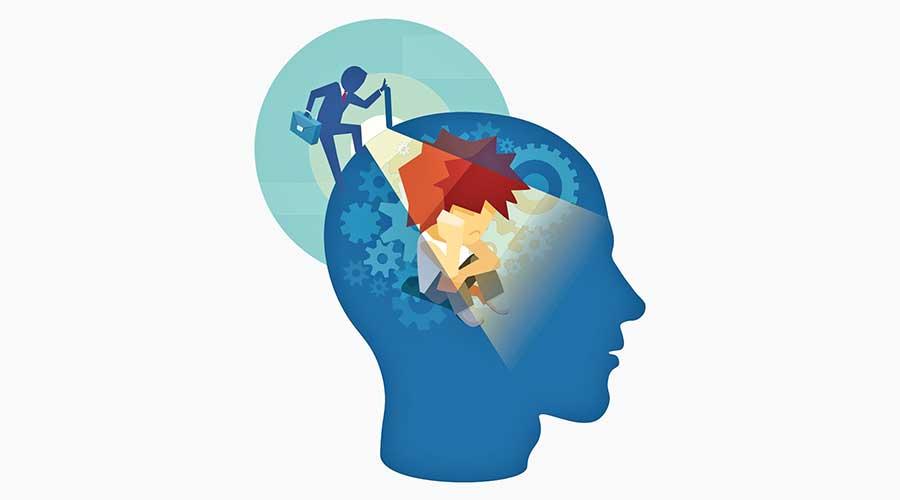ASK A PHYSICAL THERAPIST
- 13 Apr - 19 Apr, 2024

I have had periods of depression since I was about 15 years old. I have seen a psychologist and generally my mental health has been pretty good until I got really sick with a cold recently. It took me a while to get over the physical symptoms and I went through a rough time of depression. Why would a cold lead to me having depression?
The immune system can send signals to the brain. If you think about it the symptoms of depression and sickness are pretty much the same. Many of the symptoms of a ‘cold’ are in fact our immune response and the related behavioural changes which occur have evolved to help us conserve energy and keep us out of harm’s way to fight the infection. Runny noses, headaches, fevers and lack of energy are all our symptoms of our immune system fighting off the infection. Your immune system also has an inflammatory response and releases cytokines which impact the production of neurotransmitters such as dopamine, serotonin, and norepinephrine. This can cause changes in our mood, alertness, memory, and cognition. There is still much research needed in this area in a situation like yours there are definitely links between your body’s immune response to a cold and your later symptoms of depression. My advice would be to ensure you are using the psychological skills that have helped you in the past. Also ensure you are resting as these symptoms are your body and minds ways of communicating what they need. If these do not resolve your symptoms of depression it would be useful to book in with a psychologist to develop further skills to manage your depressive symptoms.
I have seen a psychologist before for about six months. At first it was okay but then I started to dislike the changes he was suggesting. My previous psychologist left me a phone message saying he felt we were making progress, but I didn’t respond. I have done something similar to other people in my life and just stopped talking to them. I am considering coming to see a psychologist again but I’m a bit worried that this will happen again.
This is something all psychologists experience at some point. The most important point for you to remember is that it is important to talk through your concerns with your psychologist. If your psychologist understands your concerns, then they can generally help you figure out what will be best for your mental health. There can be many reasons it can feel difficult to tell your psychologist you do not like therapy. Communicating with your psychologist about what you do not like is a great way to practice communication and assertiveness skills. Another area to consider is that psychologists can get it wrong. Your psychologist may have said something that upset you. Psychologists like all professions can have a day where they are distracted or may not realise you do not understand what they are saying. If you feel unhappy with your psychologist, it is really important to tell them as it may be an important part of therapy to figure the disagreement out. If the disagreement cannot be sorted out your psychologist may suggest another psychologist for you to see.
COMMENTS